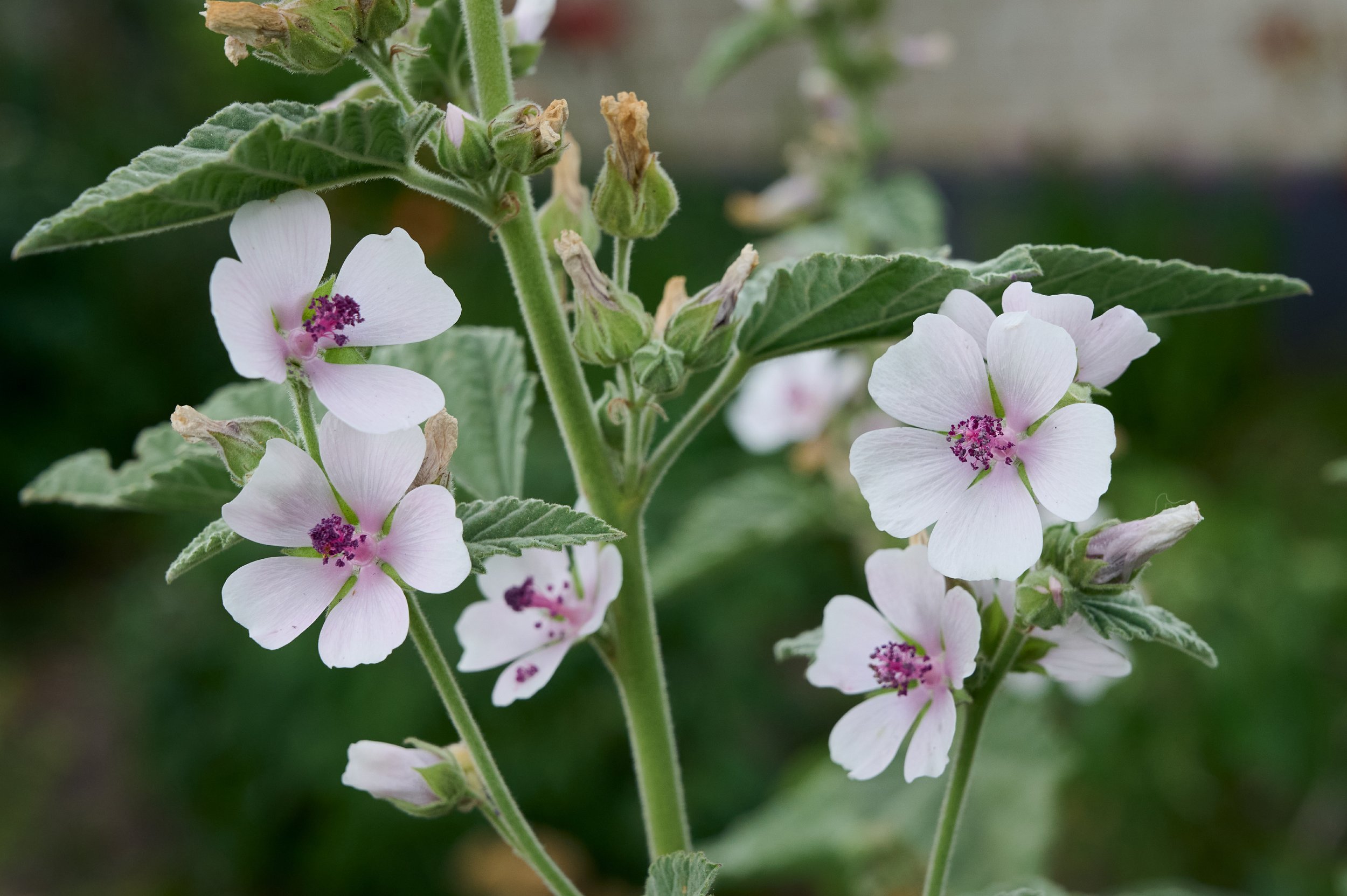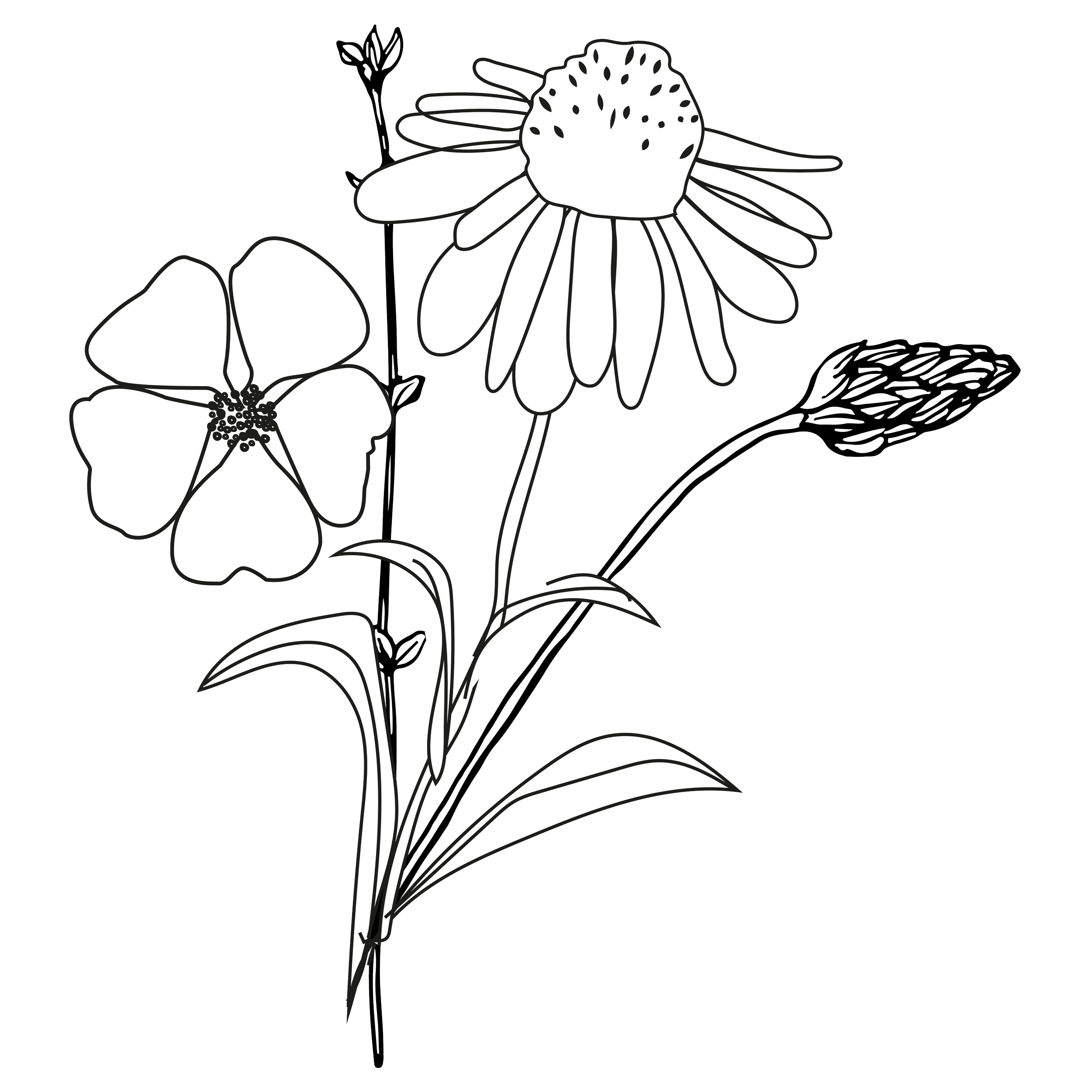Herbal medicine is a holistic therapy that uses the healing power of plants to support the body and promote good health.

Medicinal Herbs
Herbal medicine is the practice of using plants for healing, with remedies made from whole plants or specific parts like leaves, roots, or bark. It has been used for millennia and remains a primary source of medicine for up to 80% of the global population.
Traditionally passed down through generations, its benefits are now supported by modern scientific research. Herbal preparations include tinctures and tonics, where plant extracts are macerated in alcohol and water, as well as teas, powders, capsules and syrups for those avoiding alcohol.
Topical applications, such as ointments and balms infused with herbal extracts and essential oils, are also used to treat skin and musculoskeletal conditions.
About Natalie
Natalie has been passionate about nature and complementary health since childhood. After the birth of her third child, she studied Nutritional Therapy, graduating with a diploma with merit from the Institute of Optimum Nutrition in 2012, and later studied “Nutrition in Practice” at Leith’s School of Food and Wine. Her interest in herbal medicine led her to study Medical Herbalism at Betonica School of Herbal Medicine, graduating from there with a diploma with merit in 2025.
She practices Western Herbal Medicine using mainly native herbs, often locally grown and gathered. A member of NIMH, BANT and the CNHC, she upholds high professional standards.
Since 2023, she has worked at Botanical Boutique, a nutritional and herbal consultancy in St Margaret’s, while cultivating her herb garden and creating herbal remedies, inspired by nearby Richmond Park, Kew Gardens, and Chelsea Physic Garden.
Consultations
Initial consultations are conducted face-to-face or online and last up to 1.5 hours. Patients complete questionnaires beforehand detailing their medical history, medications, and lifestyle. During the session, Natalie takes a full health history, performs relevant physical examinations, and assesses the root causes of issues. As a trained Medical Herbalist, she selects safe herbal treatments that can be used alongside conventional medicine. Each patient receives a personalised plan, which may include tinctures, teas and creams, and lifestyle recommendations. A follow-up consultation is usually scheduled after a month to monitor progress.
For more information on fees and details on what to expect from your consultation, click below.
Subscribe to our newsletter
Sign up with your email address to receive news and updates.
Follow Us
Memberships & Accreditations











